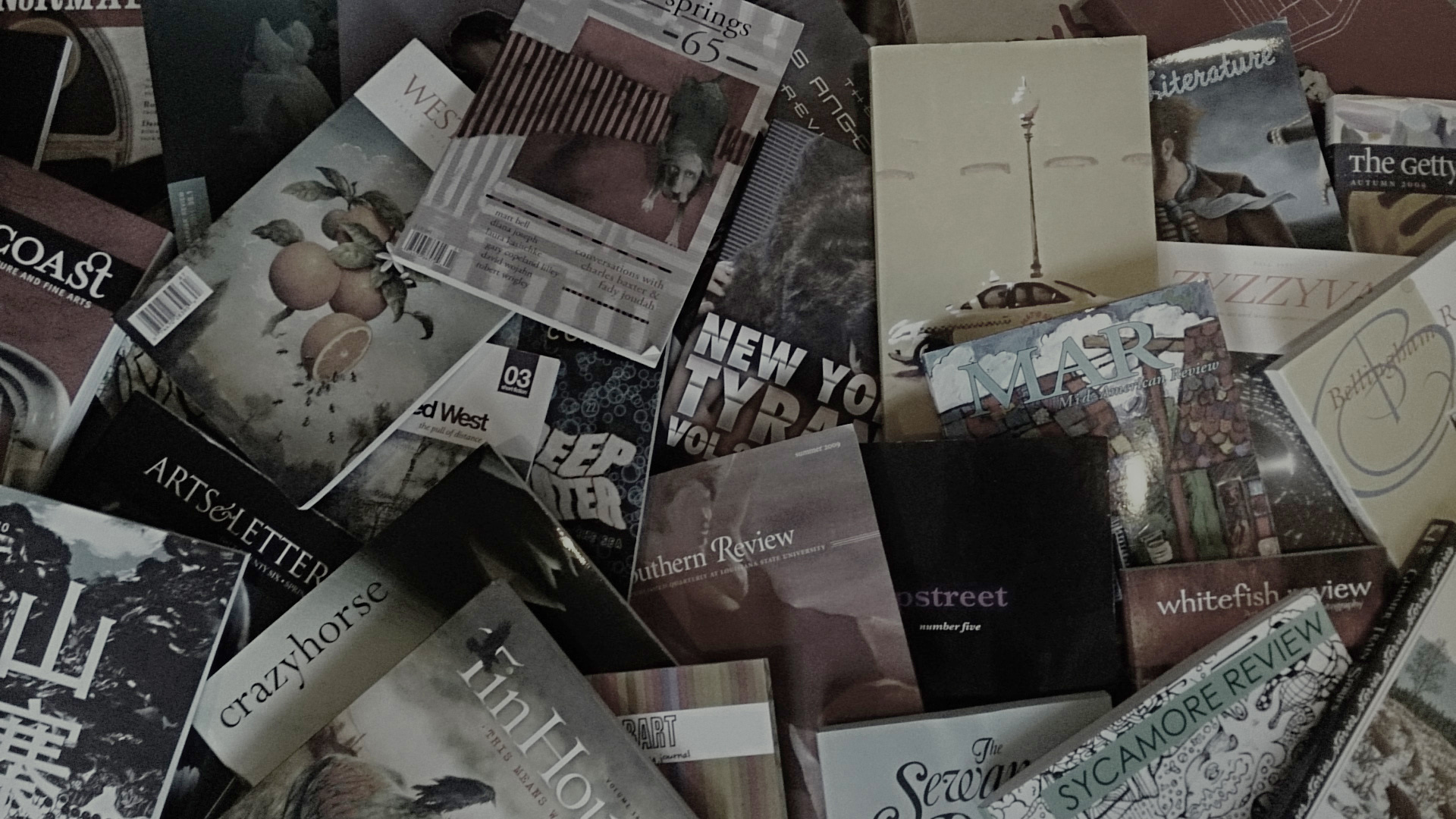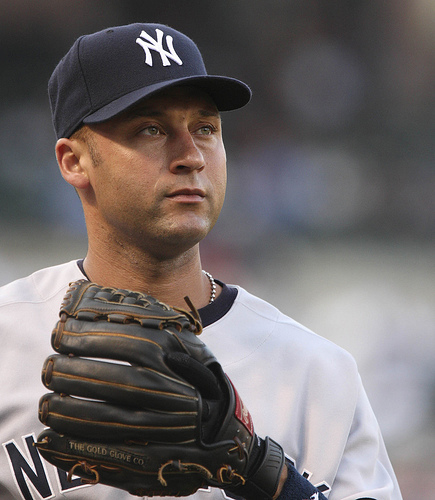The Best Short Story I Read in a Lit Mag This Week: “Once You Learn, You Never Forget” by Anthony Varallo

Few images are more boilerplate in capturing the parental role of ushering a child towards independence than that of parent teaching a child how to ride a bike—the pushing, the holding, the letting go, the tears. In “Once You Learn, You Never Forget” (Cimarron Review), Anthony Varallo resurrects this image from cliché into a complicated discussion of dysfunctional parent-child relationships.
In the opening paragraph, it’s clear right away that this particular cycling lesson would never appear on a life insurance commercial.
At long last, after my son has graduated from college, married, divorced, and moved back home, I teach him how to ride a bike…I am explaining the gears when Owen cuts me off and says, “Jesus, Dad, I’m not a child.”
“I know,” I say. “I’m just trying to help.”
“Do you want to know what would help?” Owen says, and rocks from one foot to the other, experimentally. “You not trying to help.”
Owen and I are not close.
Oh, but they are. Much closer than they realize—painfully close, in fact—and that is the reason why Varallo’s use of the first person narrator to establish unreliability works so well. Varallo moves forward, outlining other ways in which the narrator equates conflict with distance, while at the same time failing recognize that conflict is both proof of their intimacy and the effect of it.
Neither of the characters enjoy what is happening, but neither is compelled to stop. There are clues why in exchanges like this:
“Do you know what this reminds me of?” Owen says, and before I can ask what, says, “Me chasing the basketball down the driveway whenever you missed a shot. Remember? You used to pay me a nickel for the ones that got stuck beneath parked cars.” Owen snorts. “A nickel.”
I tell him I do not remember that because I do not remember that. What I remember is Owen sending me bills for overdue allowance, the late fees set at exorbitant rates, seven dollars for making his bed, nine for brushing his teeth.
Character unreliability is fed by selective memory, which has a funny way of fabricating over time. But it’s also fed by how each character understands and uses those memories, not matter how true. It becomes clear that the argument they’re having—who was right all those years ago—doesn’t matter, because each character has only mined history to lay claim to proof for why they are justified and have no need of changing. Neither recognizes their own contribution to the situation.
Both wish the other to change, and have for a long time. Varallo makes this clear through the memories, denial, as well as the title. We’ve arrived at this scene after years of practice. The image of parent teaching a child to ride a bike has now become a symbol of this father and son’s inability to move past early-childhood roles into adulthood.
Varallo’s ending is simple and sad.
‘“I let go of the bike. Owen pedals. Owen rides. His helmet shimmers in the sun. I stand in my driveway, a father watching his son ride a bike for the first time, and wish someone could take a picture of the two of us together, but Owen leaves the driveway, and we’re apart again.”’
The narrator’s feelings are recognizable and true: his companionship with his son is real and, though dysfunctional, fulfilling—I imagine it wouldn’t have continued all of these years if it hadn’t been. But the narrator need not worry. Varallo leaves us little doubt that Owen will soon be back. It’s not as if Owen road away on his own accord. He accepted his father’s help—which, of course, is part of the problem. But not all.


